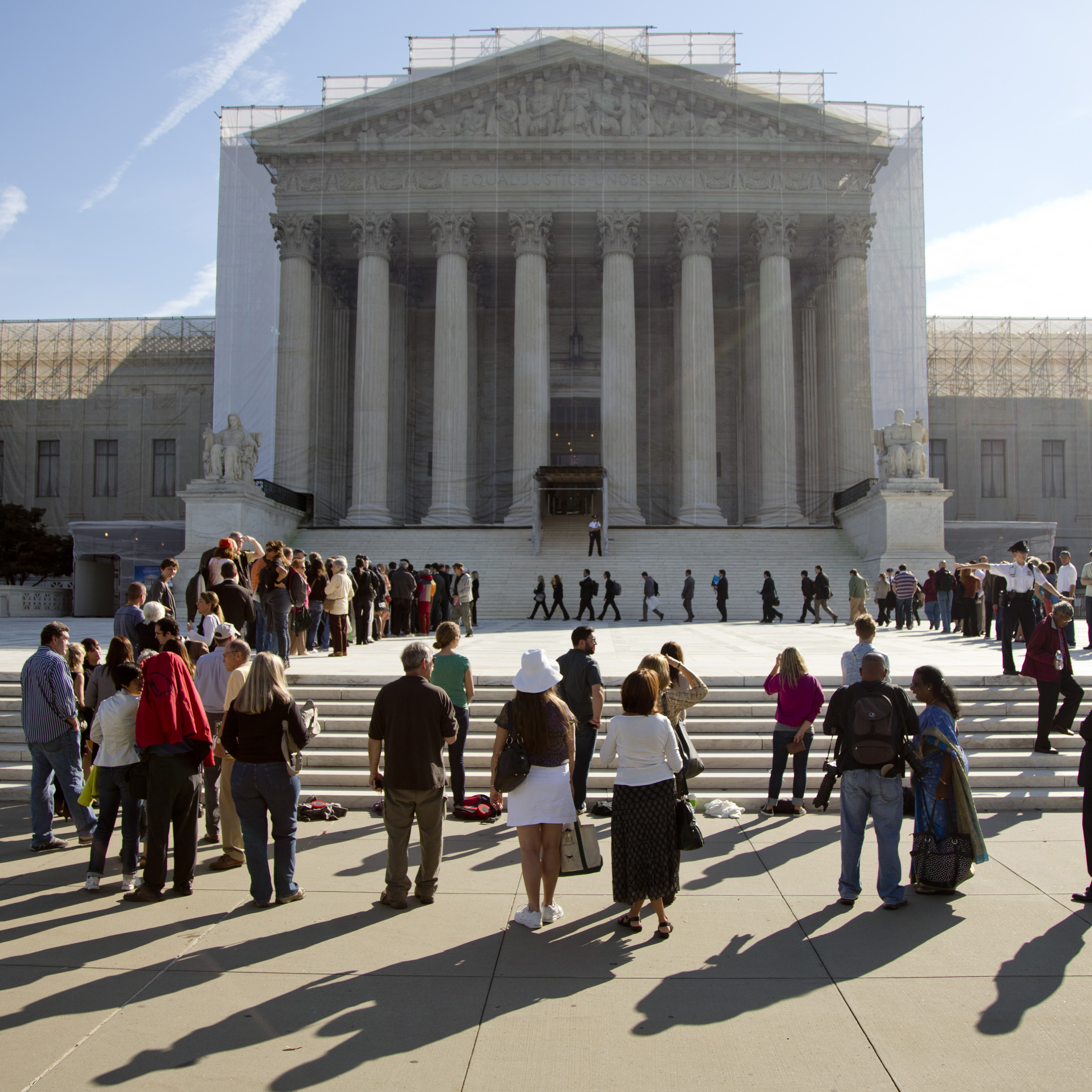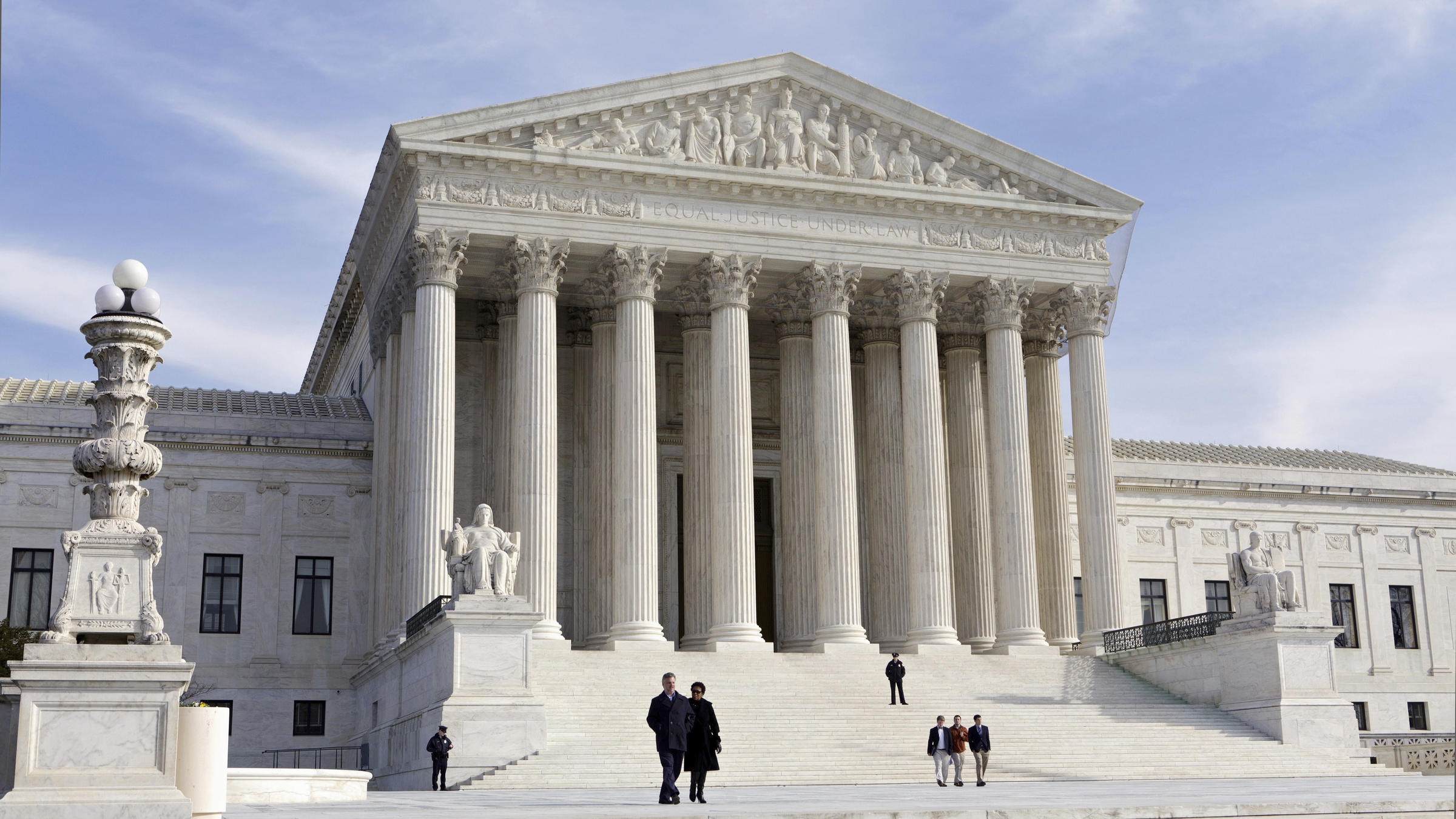

He suggested that if a state supreme court is crystal clear with concrete provisions on what is allowed, a legislature would have to adhere to those state constitutional limits. At one point, Roberts seemed to suggest a middle ground position. The Supreme Court seemed open to arguments made by North Carolina Republican lawmakers, suggesting that state courts and other state entities have a more limited role in reviewing election rules established by state legislatures when it comes to federal elections.Īlthough the conservative justices appeared to embrace versions of a long-dormant legal theory that would allow only some constraints on state legislatures - it was unclear what the exact contours of the court’s final decision would be.Īfter three hours of arguments it appeared that Chief Justice John Roberts and Justices Brett Kavanaugh and Amy Coney Barrett could ultimately determine the breadth of the decision and how elections will change going forward. Behind them, from left, are Justices Amy Coney Barrett, Neil Gorsuch, Brett Kavanaugh and Ketanji Brown Jackson. In the front row, from left, are Sonia Sotomayor, Clarence Thomas, Chief Justice John Roberts, Samuel Alito and Elena Kagan. It’s possible Democrats in South Carolina could use the Alabama ruling to secure another seat.The US Supreme Court justices pose for a group portrait in October. In addition to Davis, there are two other Black members of Congress from North Carolina: Alma Adams of Charlotte and Valerie Foushee in the 4th District, which covers Durham, Orange and Alamance counties. Supreme Court, the General Assembly will be allowed to redraw them before the next election in 2024.Įxperts have speculated that the GOP will target at least three Democratic lawmakers: Jeff Jackson of Charlotte, Kathy Manning of Greensboro and Wiley Nickel of Cary. North Carolina’s current congressional delegation has seven Democrats and seven Republicans.īut because that map was drawn by special masters appointed by the N.C. Justices Brett Kavanaugh and John Roberts joined the three liberal justices. The court agreed with that argument in a 5-4 decision. In the Supreme Court case, plaintiffs argued it would be fair under the Voting Rights Act to have at least two majority Black seats, or “opportunity” seats that an African-American candidate might win. The Cook Political Report Thursday shifted Davis’ seat from a toss-up in 2024 to “lean Democratic.”Īlabama has six congressional seats, with all but one held by Republicans. “I think it does kind of insulate Davis’ district a little more than what a lot of folks were thinking,” Bitzer said. If African-American voters were diluted, North Carolina Republicans could run afoul of the 1965 Voting Rights Act based on the highest court’s recent ruling.Ĭatawba College political science professor Michael Bitzer said the Alabama ruling would likely help Davis - and help the Democrats keep at least four of 14 seats. He won his election in 2022 by nearly 5% against Republican Sandy Smith.īut with North Carolina lawmakers set to draw a new congressional map this summer, some experts thought Davis could be in trouble if the GOP added more white voters to his district.īut the Alabama decision may make it harder for the GOP to target his seat.

Don Davis.ĭavis, who is Black, represents a rural district in the northeast part of the state. Supreme Court’s surprise ruling Thursday that Alabama has diluted the power of African-American voters with its congressional map could give a boost to first-term North Carolina Democratic Rep.


 0 kommentar(er)
0 kommentar(er)
